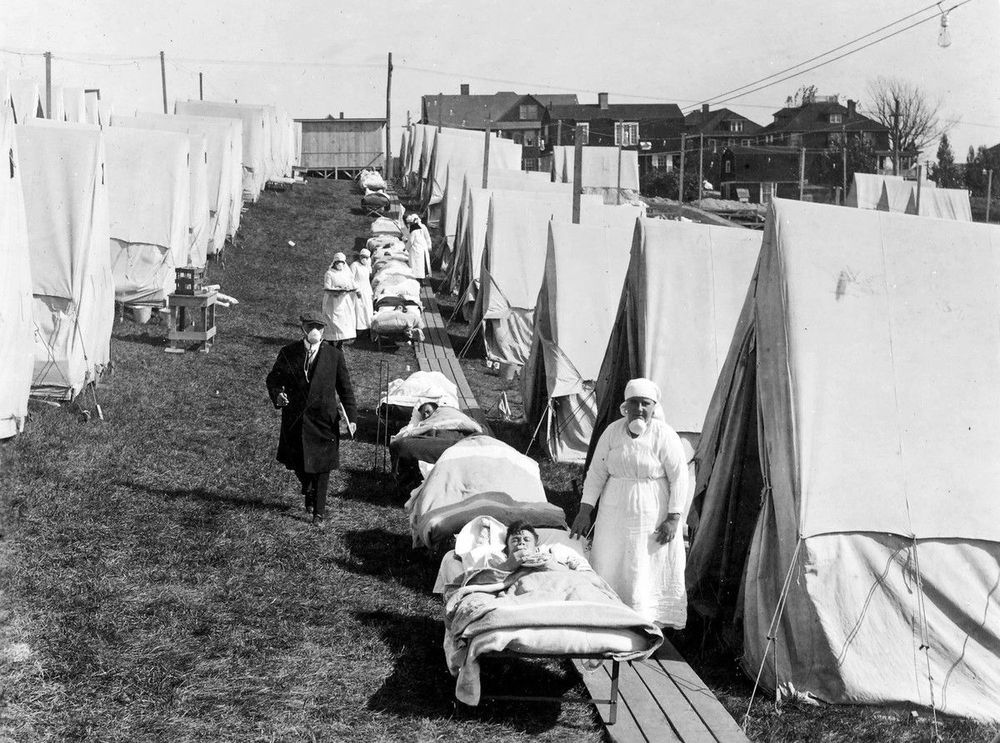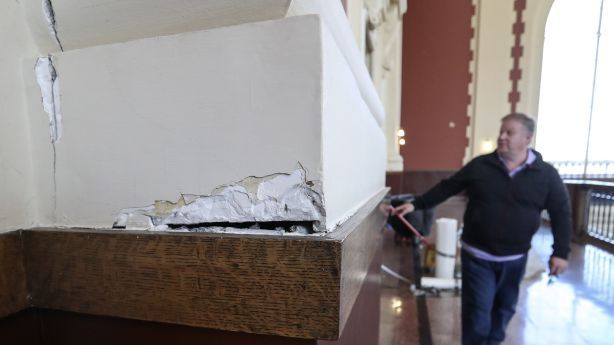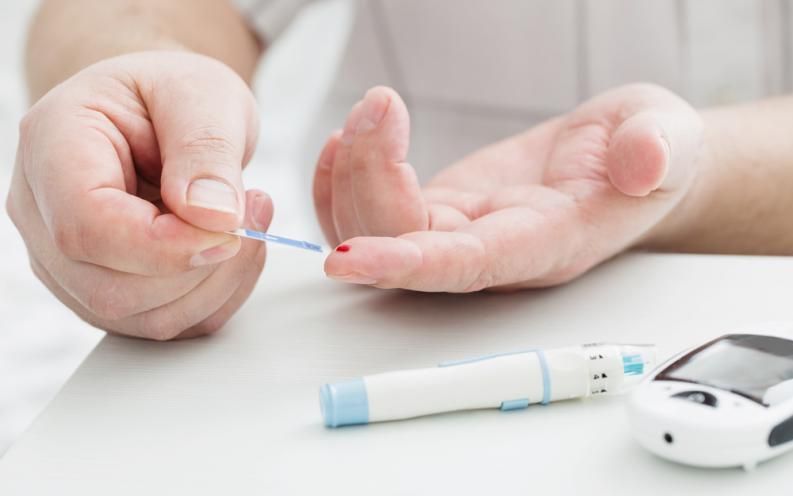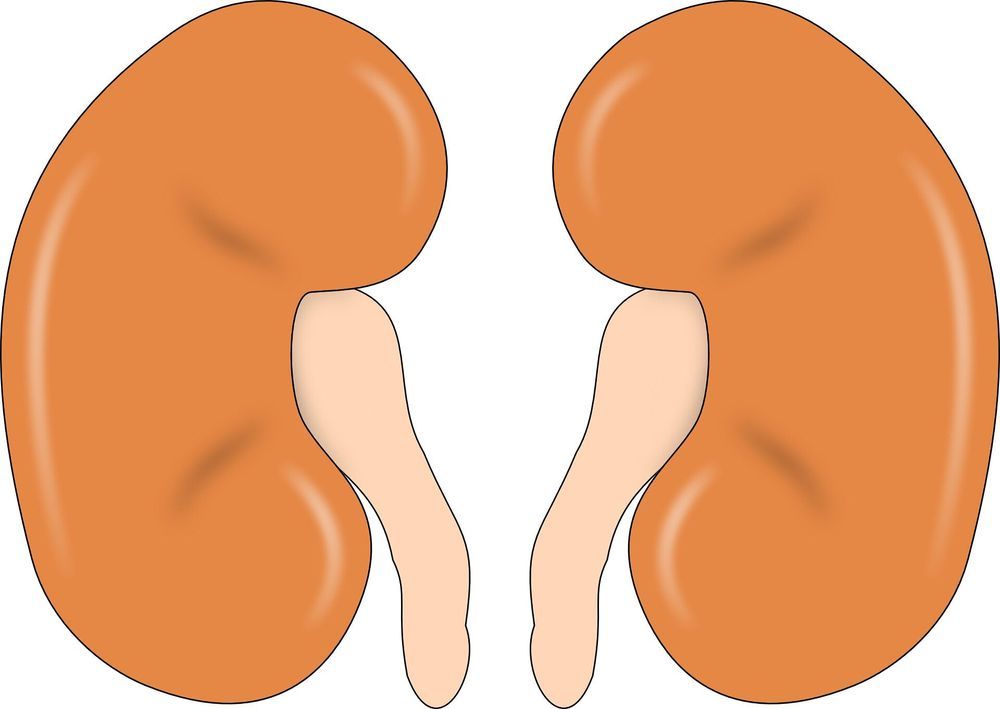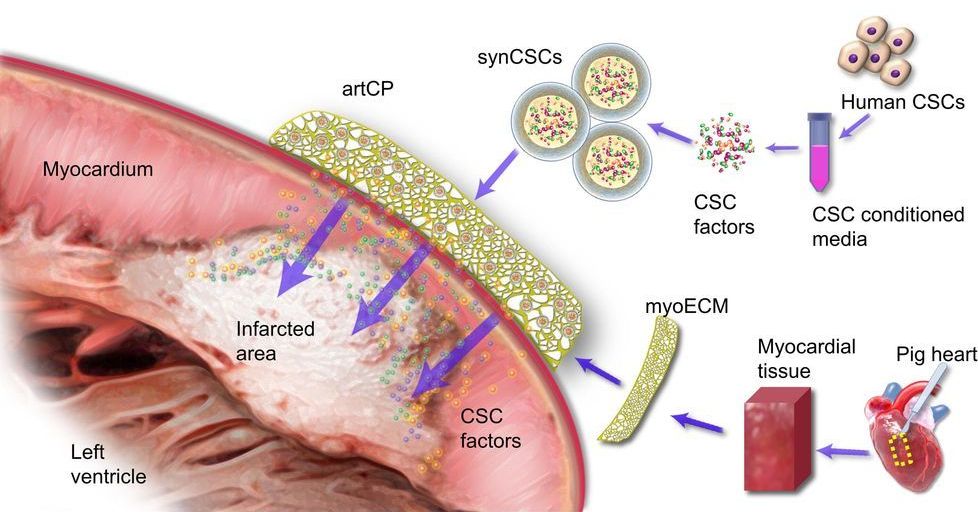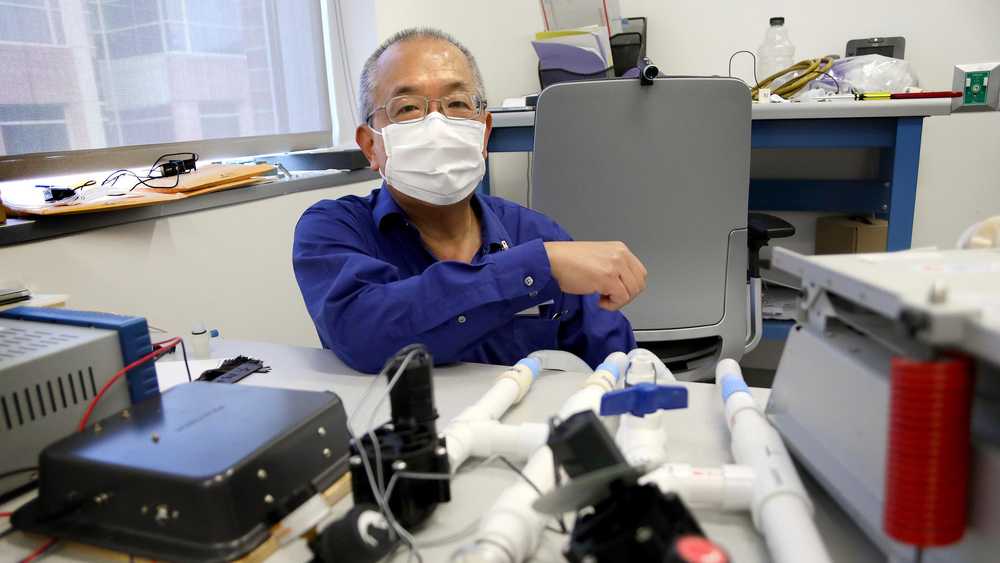Apr 10, 2020
Gilead’s experimental drug remdesivir shows ‘hopeful’ signs in small group of coronavirus patients
Posted by Omuterema Akhahenda in categories: biotech/medical, business
The group of patients received the anti-viral drug remdesivir as part of a compassionate use’’ trial, not a double-blind placebo-controlled trial which would offer more definitive evidence.
Two ampuls of remdesivir are pictured during a news conference at the University Hospital Eppendorf (UKE) in Hamburg, April 8, 2020, as the spread of coronavirus disease (covid-19) continues. Ulrich Perrey/Pool via REUTERS (Pool/Reuters)By Christopher Rowland Christopher RowlandBusiness reporter foc…

